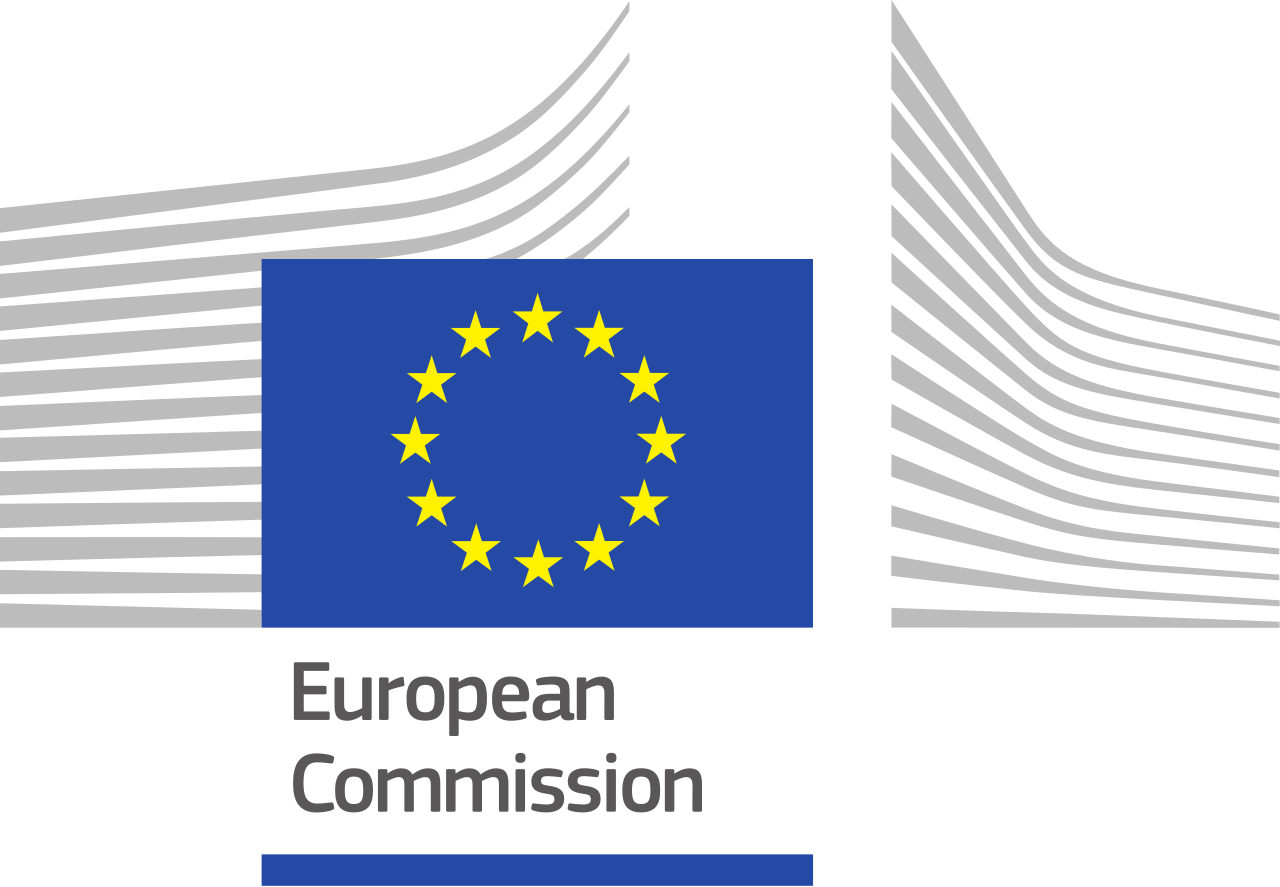Friday, 27 February 2026
New regulation issued by EC for reducing acrylamide in food
The Commission is planning to initiate discussions on additional measures, such as setting the maximum levels of acrylamide in certain foods without delay once this regulation is adopted. Member states’…

The Commission is planning to initiate discussions on additional measures, such as setting the maximum levels of acrylamide in certain foods without delay once this regulation is adopted.
Member states’ representatives voted in favour of the European Commission’s proposal to reduce the presence of acrylamide in food. Once implemented, the new regulation will require that food business operators (FBOs) apply mandatory measures to reduce the presence of acrylamide, proportionate to the size and nature of their establishment.
Welcoming the vote, Vytenis Andriukaitis, commissioner for health and food safety, stated that this is an important step in protecting the health and well-being of citizens.
He mentioned that the new regulation will not only help to reduce the presence of this carcinogenic substance, but also will help raise awareness on how to avoid the exposure to it that oftentimes comes from home cooking.
The text agreed will now be sent to the Council and the European Parliament. The two institutions will have three months to examine it before the final adoption by the Commission. The entry into force could be foreseen in the spring of 2018.
The Commission is also planning to initiate discussions on additional measures, such as setting the maximum levels of acrylamide in certain foods without delay once this regulation is adopted.
The presence of acrylamide in food was initially detected in 2002, and since then research was undertaken to identify measures to reduce its presence in food.
The European Food Safety Authority (EFSA) confirmed in 2015 that acrylamide was a carcinogenic substance and that current levels of dietary exposure to acrylamide indicated a concern with respect to the carcinogenic effects. It also stated that the levels of acrylamide were not consistently decreased in recent years.
In addition, the investigations performed by the member states on the basis of the Commission’s recommendation showed that the implementation by FBOs of the voluntary mitigation measures to reduce the presence varied widely. Following EFSA’s opinion, the Commission started discussions with member states’ authorities to determine appropriate regulatory measures to reduce the presence of acrylamide in food.
Technology
Deakin University and Bellarine Foods Partner to Develop Sustainable Marine-Derived Proteins
Feb 26, 2026 | Australia
Royal Unveils Refreshed Jute Bag Design for 20lb Authentic Basmati
Feb 25, 2026 | Company News
Australian Medical Bodies Push for Compulsory Health Star Labelling
Feb 24, 2026 | Australia
Food Testing
Australian Medical Bodies Push for Compulsory Health Star Labelling
Feb 24, 2026 | Australia
Tim Hortons Singapore Secures Majlis Ugama Islam Singapura Halal Certification Ahead of Ramadan
Feb 23, 2026 | Company News
More Popular
UAE’s Cult Mochi Brand MOISHI Makes India Entry with CK Israni Group
Feb 26, 2026 | Company News
Roquette Launches Breakthrough Clean-Tasting Pea Protein Isolate
Feb 26, 2026 | Company News
Affron Saffron Attains First Stress Relief Claim by South Korean Ministry of Food and Drug Safety
Feb 26, 2026 | Company News





